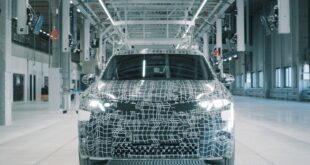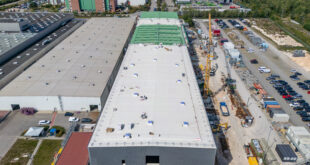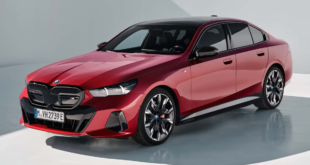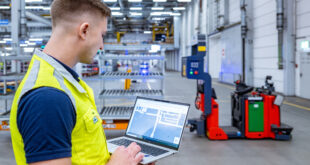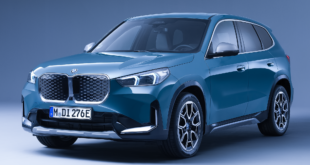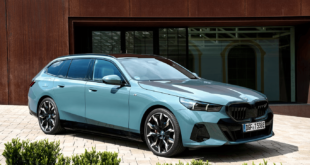BMW Asia, in partnership with Eco-Business, hosted the “Technology & Sustainability: The Road to Smart Cities†forum on Friday, 29 September 2017 at the Performance Motors showroom at 303 Alexandra Road in Singapore. For 100 guests, a panel of esteemed thought leaders discussed the role of technology in the future of sustainability and the opportunities and challenges associated with future mobility in Singapore.
Jessica Cheam, Managing Editor of Eco-business, led the discussion with Ms. Vivien Chow, Director, Applied Innovation and Partnership at the Government Technology Agency of Singapore (GovTech); Professor Subodh Mhaisalkar, Executive Director, Energy Research Institute, Nanyang Technological University (ERI@N); and Mr. Tan Szue Hann, Head, Sustainable Urban Solutions and Principal Architect, Surbana Jurong Consultants.
“We were delighted to engage with like-minded individuals on how we can all work together to drive positive change. By using technology as a tool, the possibilities for a more sustainable future are endless. We would like to thank Ms. Cheam, Ms. Chow, Professor Mhaisalkar and Mr. Tan for sharing their experiences and expertise as we journey together towards Singapore’s goal of being the world’s first truly Smart Nation,†said Mr. Paul de Courtois, Managing Director of BMW Group Asia.
Key points made by each of the speakers are included below:
Jessica Cheam, Managing Editor, Eco-Business
Humanity is facing its biggest crisis due to rapid urbanisation, climate change, and political instability, but this revolution offers us an unparalleled opportunity to solve our problems, with the right governance, conducive environment and public-private partnerships.
While Singapore works toward a car-lite nation, there will still be a need for private transportation, all of which can be electric and should be electric.
Professor Subodh Mhaisalkar, Executive Director, Energy Research Institute, Nanyang Technological University (ERI@N)
The future of transport will be shaped by three technologies: electric cars, autonomous vehicles and digitalisation, which enables mobility to be sold as a service.
There is a role for governments in creating demand for technologies that could then be quickly scaled up for mass adoption.
When it comes to electric vehicles, the government and private sectors need to work together on developing standards and infrastructure.
Mr. Tan Szue Hann, Head, Sustainable Urban Solutions and Principal Architect, Surbana Jurong Consultants
Businesses can help to bring down the costs of adopting new technology by creating demand for their own products.
Technology alone does not make a city smart when it comes to urban planning, technology is a tool to change how people live to bring about a more sustainable future.
Ms. Vivien Chow, Director, Applied Innovation and Partnership at the Government Technology Agency of Singapore (GovTech)
When coming up with national strategic projects, it is important to engage with the public, industry and global leaders to gather their views and to find out what are the next technologies to leverage.
In terms of autonomous vehicles, companies need to run pilot tests and look at various business models before deploying their models, similar to what is currently happening at One North or NTU.
Guests also had the opportunity to get up-close and personal with the all-new BMW iPerformance range, the latest plug-in hybrid vehicles (PHEVs) that are set to redefine the automotive industry. The new models include the BMW 225xe, BMW 330e, BMW 530e, BMW 740Le, BMW X5 xDrive40e and the new BMW i3 (94Ah).
 BMW.SG | BMW Singapore Owners Community The Ultimate BMW Community – Established Since 2001
BMW.SG | BMW Singapore Owners Community The Ultimate BMW Community – Established Since 2001


